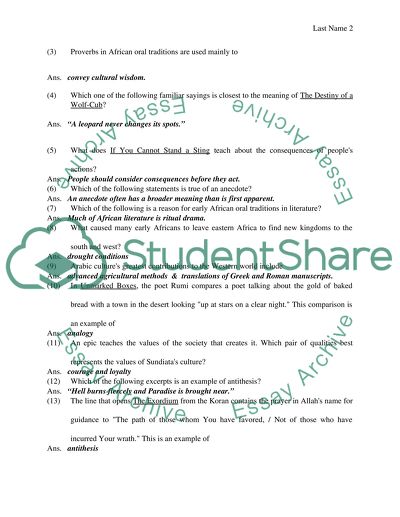Cite this document
(“World literature lesson 4 Essay Example | Topics and Well Written Essays - 1500 words”, n.d.)
Retrieved from https://studentshare.org/literature/1435426-world-literature-lesson
Retrieved from https://studentshare.org/literature/1435426-world-literature-lesson
(World Literature Lesson 4 Essay Example | Topics and Well Written Essays - 1500 Words)
https://studentshare.org/literature/1435426-world-literature-lesson.
https://studentshare.org/literature/1435426-world-literature-lesson.
“World Literature Lesson 4 Essay Example | Topics and Well Written Essays - 1500 Words”, n.d. https://studentshare.org/literature/1435426-world-literature-lesson.


